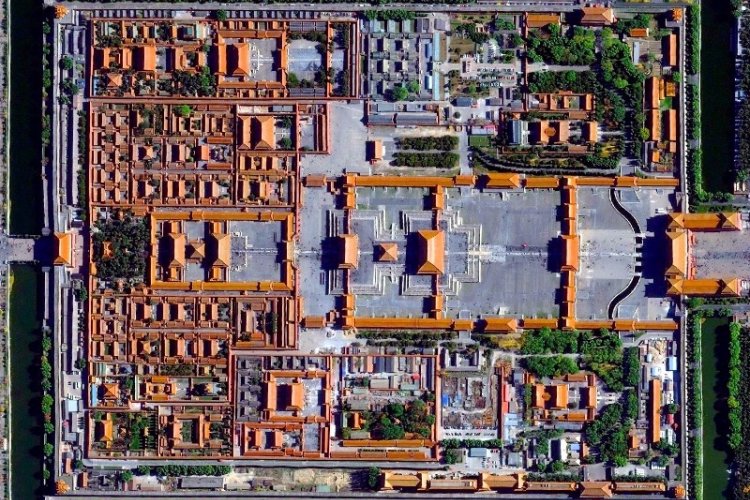Beijing Organizes Memorial for Construction Worker Who Brought Found Treasure to the City in 1985
On May 30, the 54-year-old He Gang was one of six people who passed away during an engineering accident on a construction site for the Shijiazhaung-Jinan railway. The Palace Museum of Beijing's Forbidden City sent out their condolences to He Gang's family via their official website, and announced that they would organize a memorial service inside the Palace Museum to remember him. So, you might be wondering, why does the Forbidden City want to memorialize a regular construction worker?

This story dates back 32 years ago to 1985, when He Gang was rebuilding his house in his hometown of Guqiang, Henan Province. During his excavation, he came across a huge pottery crock full of silver antiques. Hearing about his newfound treasure, many dealers reached out to He and offered him money to purchase the antiques. Some even offered him a blank check to fill in himself, but He rejected them all.
Instead, He brought the antiques to the Forbidden City with the help of his village secretary Liu Hong’en. After the antiques were identified as historical relics, He decided to donate them all to the city. In their announcement at the time, the Forbidden City stated, “there were 19 historical relics, all of them in good condition and dating back to the Yuan Dynasty, which fill a gap in our knowledge of collections during that era.” They gave He RMB 9,000 as a reward for his effort.
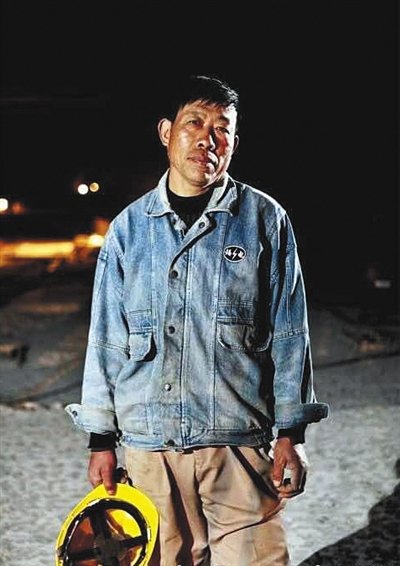
A lot of villagers thought He went to Beijing to sell his treasure, and found it “hard to understand” the truth, that he had passed up such an opportunity to make a fortune. Whenever people asked He if he regretted his decision, he said that he never had and that he kept himself busy by making a living for his family. “We were all poor at that time, but we didn’t think that it was right to keep the antiques,” said Liu Hong’en, the village secretary who helped He carry his loot north.
Liang Jinsheng, the head of the Palace Museum at that time, recalled how “it was rare to receive such large donations, especially in such good quality, and even more surprising because the donor was not a collector, but a regular person.”
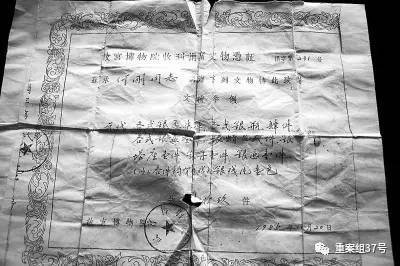
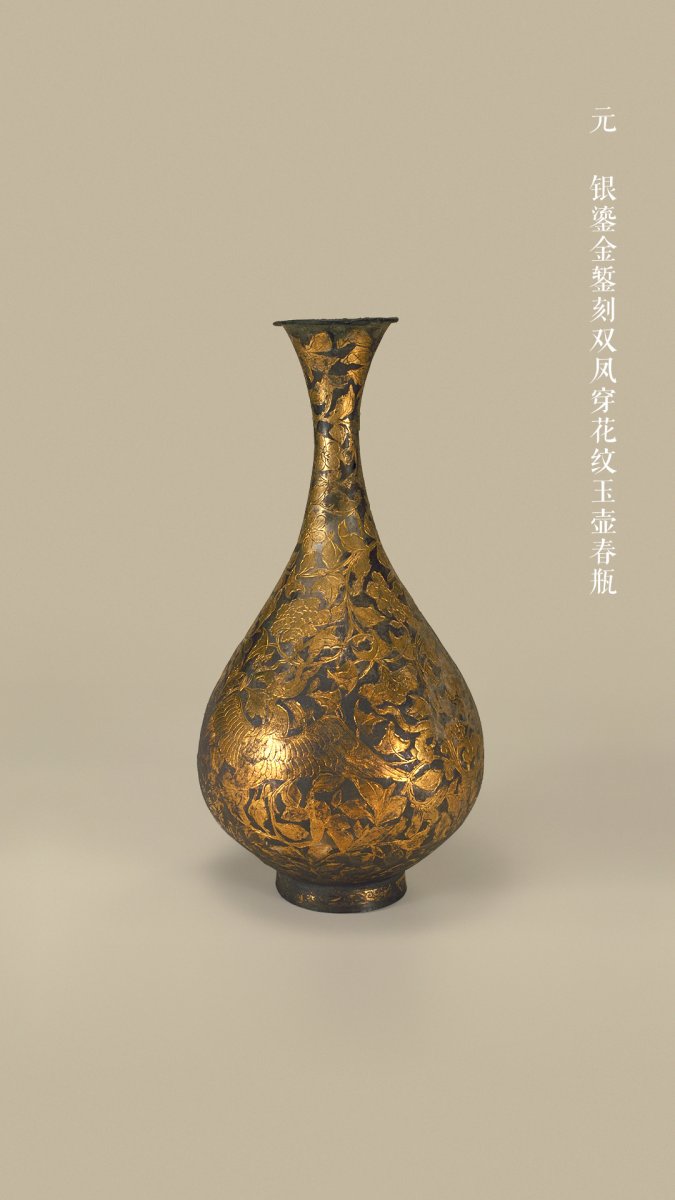
The fame of donating these precious treasures apparently didn’t change He Gang’s life for the better; he went back to his farm as before, then worked as an migrant worker for the remainder of his life. His wife later died from kidney disease, while his mother and father continue to suffer from long-term illnesses.
“He spent all his money on his family, and found himself heavily in debt,” Hong said. The Palace Museum sent He RMB 100,000 over the years to help him cover some of his family's health expenses.
He Gang may have potentially been better off if he had sold his bounty off to the highest bidder but his selflessness and belief in what he thought was right certainly hasn't been forgotten by Beijing.
More stories by this author here.
Email: tracywang@thebeijinger.com
Twitter: @flyingfigure
Instagram: @flyingfigure
Photo: The Palace Museum, BJnews, China.com
Related stories :
Comments
New comments are displayed first.Comments
![]() yidiandian
Submitted by Guest on Thu, 06/22/2017 - 15:35 Permalink
yidiandian
Submitted by Guest on Thu, 06/22/2017 - 15:35 Permalink
Re: Beijing Organizes Memorial for Construction Worker Who...
Amazing. It's really hard to decline money when it is being offered to you, especially when you are really poor. He was a great man, have inspired me to build my character.
Agreed, he should be honored and memorized.
![]() WaqarOptimist
Submitted by Guest on Thu, 06/22/2017 - 11:09 Permalink
WaqarOptimist
Submitted by Guest on Thu, 06/22/2017 - 11:09 Permalink
Re: Beijing Organizes Memorial for Construction Worker Who...
Amazing. It's really hard to decline money when it is being offered to you, especially when you are really poor. He was a great man, have inspired me to build my character.
Validate your mobile phone number to post comments.


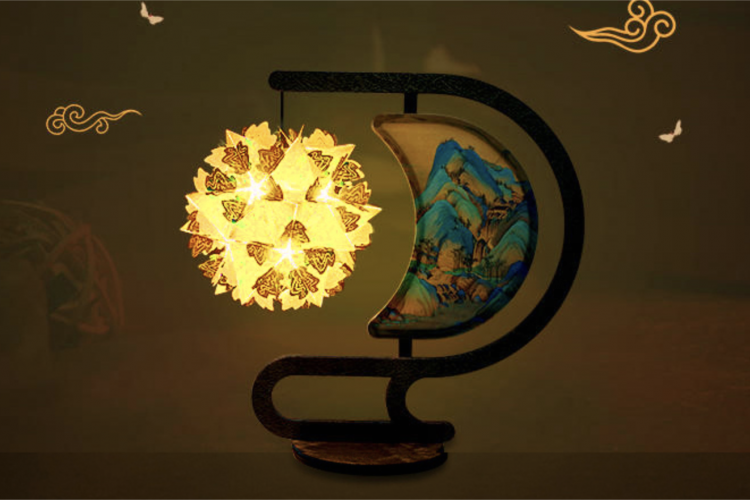
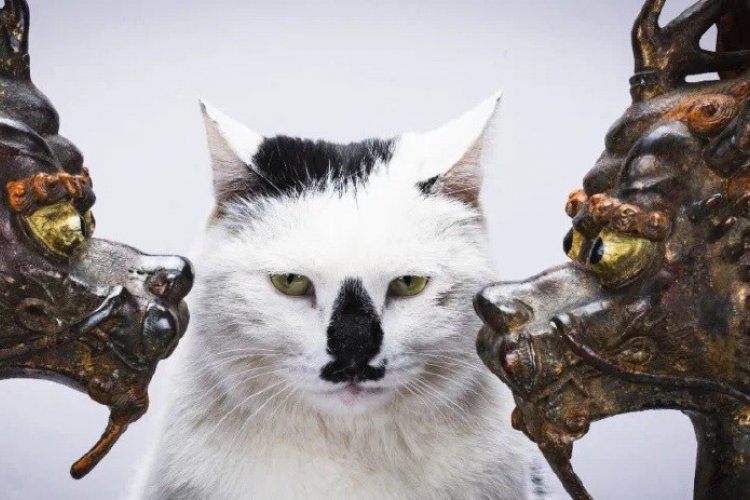
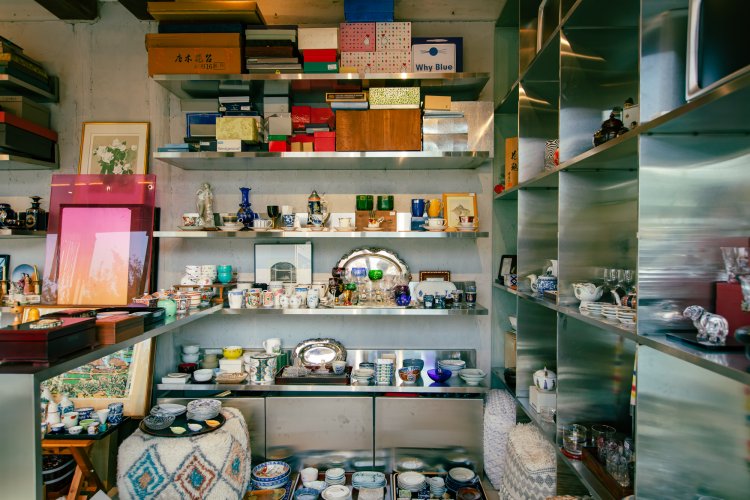

![[NR] Forbidden City Book Photo by Haiwei Hu/Getty Images. All Rights Reserved.](https://www.thebeijinger.com/sites/default/files/styles/blog_list_image/public/thebeijinger/blog-images/265699/5_c_haiwei_hu_getty.jpg)
